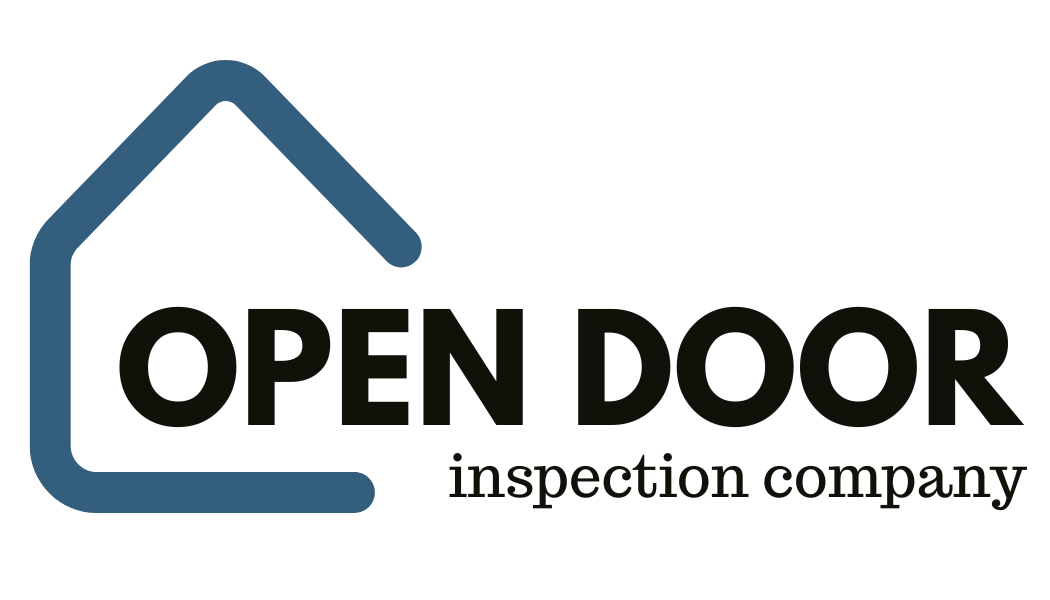Buying a Home in 2025: Insights from a Home Inspector
The year 2025 presents exciting opportunities and challenges for prospective homebuyers. The real estate market continues to evolve, with new trends shaping the way homes are purchased and sold. Amidst this dynamic landscape, the role of a home inspector has never been more critical. Ensuring a property’s safety, functionality, and overall value is key to making a sound investment. In this article, we’ll explore the process of buying a home in 2025 from a home inspector’s perspective, offering essential insights to help you navigate the market confidently.
The Role of a Home Inspector in the Home Buying Process
Why Home Inspections Are Essential in 2025
The home buying process in 2025 remains as intricate as ever, with home inspections playing a pivotal role. Modern homes are built with complex systems and adhere to strict environmental regulations. Whether you’re purchasing a newly constructed property or an older home, a professional home inspection helps identify any hidden issues, ensuring your investment is sound.
Common Issues Found in 2025 Homes
Home inspections often reveal a range of issues, even in new builds. Common findings include:
Aging Infrastructure: Older homes may have plumbing, electrical, or structural systems that require updates.
Sustainability Challenges: While newer homes are designed to be energy-efficient, some may have improperly installed systems that compromise performance.
How Home Inspectors Empower Buyers
A qualified home inspector provides an unbiased evaluation of a property. Their findings can serve as negotiation tools, enabling buyers to request repairs or adjustments to the asking price. Additionally, a detailed inspection report offers peace of mind, ensuring no surprises after the purchase.
Understanding the 2025 Real Estate Market
Key Trends in the 2025 Housing Market
The housing market in 2025 is shaped by shifting buyer priorities. The demand for energy-efficient homes and sustainable features continues to rise. Buyers are also drawn to properties in communities offering robust amenities and eco-friendly infrastructure.
New Challenges for Buyers
Several challenges make buying a home in 2025 more complex:
Rising Prices: Inflation and demand have driven up housing costs.
Limited Inventory: Desirable areas often have fewer homes available, creating stiff competition among buyers.
New Technology: Modern homes are often equipped with many energy-saving technologies that have previously been uncommon.
Adapting to Market Dynamics
To succeed in this competitive market, buyers must be proactive. Pre-approval for financing and swift decision-making are crucial. Home inspections must be scheduled promptly to fit into tight transaction timelines, ensuring no steps are skipped.
Home Inspection Tips for Buyers in 2025
What to Expect from a 2025 Home Inspection
Today’s inspections are thorough, covering all critical components of a home. Inspectors assess structure, plumbing, electrical systems, and more. Reports often include photos and detailed descriptions, giving buyers a clear picture of a property’s condition.
Questions to Ask Your Home Inspector
Before hiring an inspector, it’s essential to ask:
What areas will be covered in the inspection?
Do you provide maintenance recommendations?
How long will the inspection take?
Are you a member of a professional association?
Are you licensed in your state/jurisdiction to perform home inspections?
Navigating Unique Home Types in 2025
Inspecting Smart Homes
While technological advancements are a growing trend, inspecting smart home features is not covered here. Buyers should consider functionality and security as they explore properties equipped with IoT devices.
Special Considerations for Older Homes
Older properties offer charm and history but often require:
Structural evaluations to ensure stability.
Updates to meet modern safety standards.
Older systems that could incur additional cost for you as the new homeowner.
Costs and Benefits of Home Inspections in 2025
Average Costs of Home Inspections
The cost of a home inspection in 2025 varies based on the property’s size, age, and location. On average, buyers can expect to pay between $400 and $800. Specialty inspections, such as those for radon or mold, may incur additional fees.
Return on Investment for Buyers
A thorough inspection can save buyers thousands of dollars by identifying costly repairs before purchase. In some cases, inspection findings allow buyers to renegotiate terms or reconsider a deal entirely.
The Value of Peace of Mind
Beyond financial benefits, a home inspection ensures that buyers feel confident in their decision. Knowing a property has been thoroughly vetted reduces stress and fosters trust in the transaction.
Conclusion
Buying a home in 2025 can be both exciting and challenging. With the guidance of a professional home inspector, buyers can approach the process with confidence, knowing they’ve made an informed decision. Whether it’s identifying potential issues, ensuring compliance with regulations, or providing a comprehensive overview of a property’s condition, a home inspection is an indispensable part of the journey. Make sure to prioritize this step and work with a certified inspector to secure your dream home.
FAQs
What’s the typical duration of a home inspection in 2025? Most inspections take 2-4 hours, depending on the property’s size and complexity.
What should I prioritize in a pre-purchase inspection report? Focus on major issues like structural problems, electrical systems, and water-related issues.
Are virtual home inspections reliable in 2025? Virtual inspections can provide initial insights but should not replace in-person evaluations by a certified inspector.
How do I find a trustworthy home inspector? Look for licensed professionals with positive reviews and memberships in reputable organizations, such as the International Association of Certified Home Inspectors (InterNACHI).
